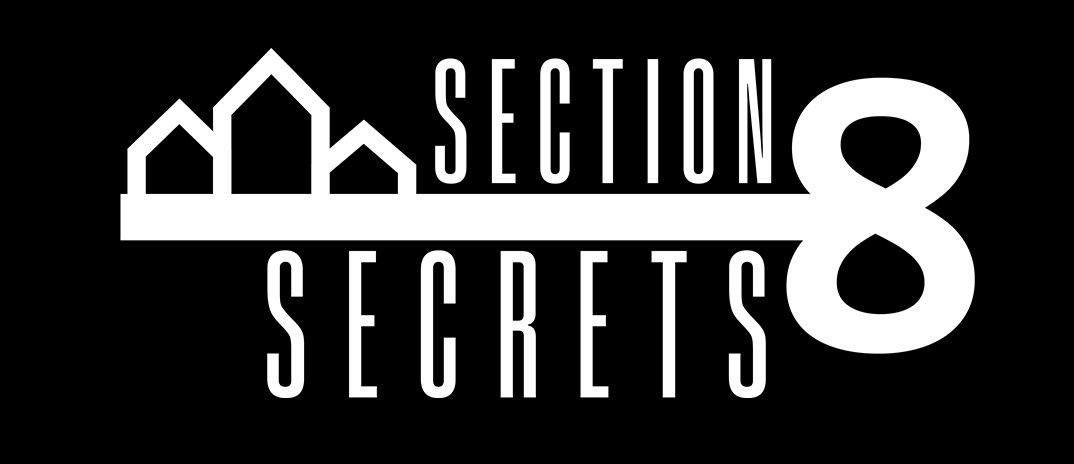Section 8 Advantages: Understanding the Benefits of Investing in Section 8 Properties
Jun 11, 2023
Investing in Section 8 properties offers significant advantages and can be a lucrative opportunity for real estate investors. Section 8, also known as the Housing Choice Voucher program, provides housing assistance to low-income individuals and families. Below are just some of the many advantages of investing in Section 8 properties and how it can be a rewarding venture for landlords and property owners.
Section 8 Advantages:
-
Reliable Rental Income: Investing in Section 8 properties ensures a steady rental income stream. Through the Housing Choice Voucher program, the government guarantees a portion of the rent, reducing the risk of non-payment and vacancies. This reliable cash flow provides financial security for property owners and landlords. The best part is, the government always pays on time, including the Covid-19 eviction moratorium time period. While private market landlords were getting stiffed by tenants, the government kept paying for it's Section 8 landlords, and the best part, the tenants did too! This is because the tenants must keep up with their portion of rent in order to be eligible for the program. So during Covid, Section 8 didn't miss a beat.
-
Lower Vacancy Rates: Section 8 properties experience high demand from tenants seeking affordable housing. As a result, these properties generally have lower vacancy rates compared to other rental units. The government's housing assistance attracts tenants who may not afford market-rate housing, reducing the likelihood of extended periods without tenants. Our experience says that you will have 10-20 inquiries for your property the first 24 hours you are listed on the Housing Authority. The supply of voucher holders without homes is substantial.
-
Timely Rent Payments: One of the significant advantages to Section 8 landlords is the assurance of regular rent payments. Section 8 tenants are responsible for paying their portion of the rent directly to the landlord, while the government covers the remaining portion. This arrangement ensures consistent and timely rent payments since the government's share is typically reliable. This allows you to better forecast your expenses and your property investments. The payments are virtually never late.
-
Long-Term Lease Agreements: Section 8 leases commonly have longer durations, usually lasting one year or more. This extended lease period reduces turnover rates, minimizing the costs associated with finding new tenants, screening applicants, and preparing the property for occupancy. Long-term tenancies also contribute to stable cash flow and improved financial planning for landlords. Our longest standing tenant is 17 years. That is not a typo. One tenant, 17 years, no vacancy for one unit.
-
Property Inspections: To maintain quality housing standards, Section 8 properties undergo regular inspections mandated by HUD. These inspections ensure that properties meet health, safety, and habitability requirements. While inspections may require property owners to invest in necessary repairs or improvements, they ultimately help maintain the condition of the property and identify potential issues early on. This is one of the ultimate blessings. Your voucher holder must keep the property in good order in order to renew their voucher. Their investment into your property is unlike any other private market arrangement.
-
Reduced Marketing Costs: The high demand for Section 8 housing often means that property owners have a pool of interested tenants to choose from. Consequently, landlords can significantly reduce marketing expenses since there is a steady stream of potential tenants actively seeking affordable housing. This saves time and money on advertising and tenant screening processes. Marketing will be zero. Like we said, as soon as you list, you will get inquiries.
-
Social Impact and Community Stability: Investing in Section 8 properties allows you to make a positive social impact by providing affordable housing options to low-income individuals and families. By participating in the program, landlords contribute to community stability and help create safer and healthier neighborhoods. This sense of social responsibility can enhance your reputation as a property owner and contribute to long-term success. It just feels good to do.
- It's a repeatable model. You will be able to take what you have learned and apply it to any town anywhere in the United States. Some will prefer to cluster their properties, others may want to diversity. However, once you know how to do this once, there is no limit to how many times you can do it again.
Investing in Section 8 properties offers several advantages, including a reliable rental income stream, lower vacancy rates, and regular rent payments. Additionally, long-term lease agreements, property inspections, reduced marketing costs, and the opportunity to make a social impact are significant benefits to landlords. However, it's crucial to familiarize yourself with program requirements, local market dynamics, and potential risks before diving into Section 8 property investments. By understanding the advantages and challenges, you can make informed decisions and capitalize on the benefits of Section 8 housing opportunities.


